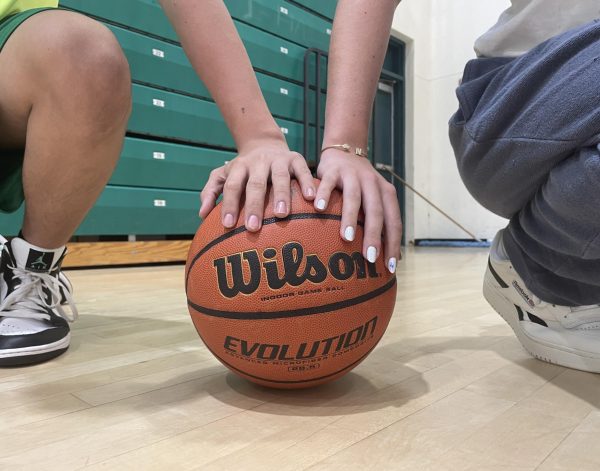Jupiter High students speak on Hispanic Heritage Month
Hispanic Heritage Month began Sept. 15 and ended Oct. 15. The month celebrates and recognizes the influence of Hispanic culture on society. In the last few years, people have been offended at the use of “Hispanic” to acknowledge different types of Spanish heritages and brands marketing off the national month.
Hispanic Heritage Month has sparked controversy amongst people for Hispanic descent. Not the national month itself but simply referring to people from Spanish speaking countries as “Hispanic.”
Aaliyah Abazis, a sophomore at Jupiter High, has family from the Dominican Republic.
“No culture’s history or pride in themselves should be taken and used for profit but I don’t feel that it’s unfair [we’re referred to as Hispanic], but the differences between Latin Americans and Spaniards should be recognized,” Abazis said.
Yasemina Harris, a sophomore at Jupiter High, agrees with Abazis on brands marketing off Hispanic Heritage Month.
“Hispanic Heritage Month should not be used for advertising purposes and should be used for it’s full entirety and not used to satisfy the public,” Harris said.
Abazis feels strongly about students being educated about Hispanic Heritage Month in schools.
“Many children won’t be educated on the month outside of school, so it should be recognized and taught in schools. Black History Month is finally getting the recognition and attention it deserves and the same should happen for Hispanic Heritage Month,” Abazis said.
Lillian Novoa, a Spanish teacher at Jupiter High, teaches about Hispanic culture year-round rather than taking one month to teach about it.
“A month is not enough, especially when integrating art projects and other hands-on activities that delve into the history, traditions, holidays, music, customs and food of the many Spanish speaking countries,” Novoa said.
In the Spanish language, Hispanic refers to the country of Spain. They address each other depending on their nationality, eliminating the term Hispanic outside of the U.S.
“I believe that is perhaps the best way the English language can accommodate and assimilate the presence of the Hispanic culture by the inclusion of the term Hispanic when referring to the people who have a background with roots in a Spanish speaking country and who also speak the language,” Novoa said.
Novoa was born in a Spanish-speaking country and feels she honors the uniqueness of being from Hispanic origin. She doesn’t find it disrespectful when people don’t know the difference between being from Latin America and being from Spain.
“I rather find myself curious about why someone has not yet learned or is insightful about the difference between these marked distinctions and variations of the people of Spain versus Latin America,” Novoa said.
Addressing the Spanish-speaking culture as Hispanic is a way to represent all of the people from Spanish culture.
“Personally I don’t take it offensively to be separated in a group called ‘Hispanic.’ It just makes it different from other groups and it’s nothing really to take into offense,” Harris said. “The national month name should not change and it is a perfect way to recognize the Hispanic community and countries around the world.”






